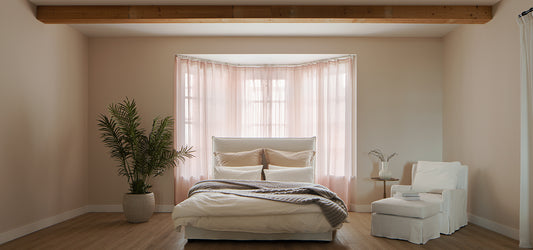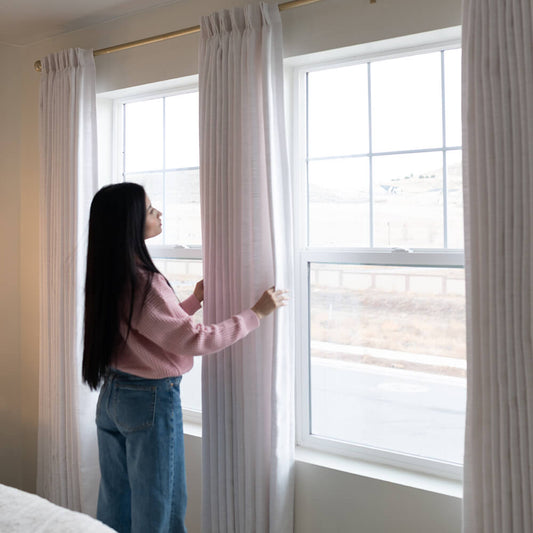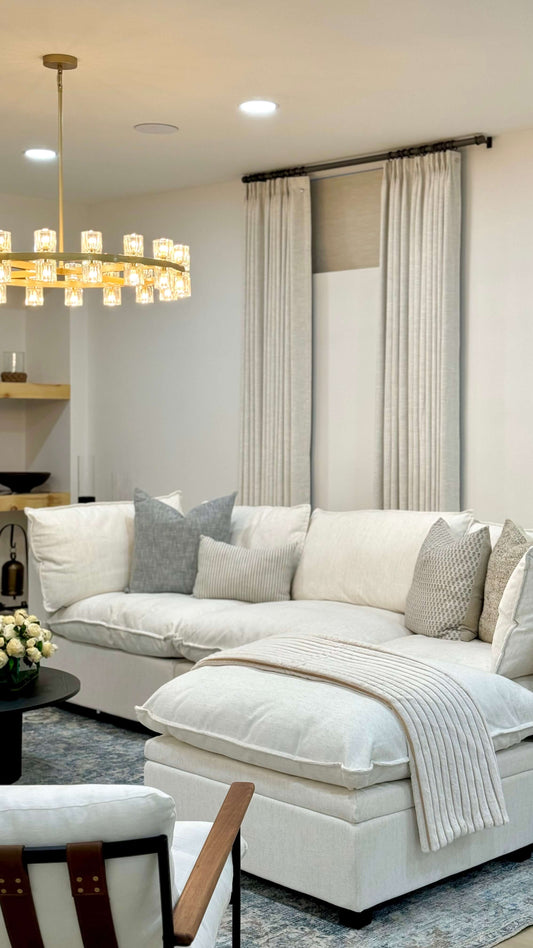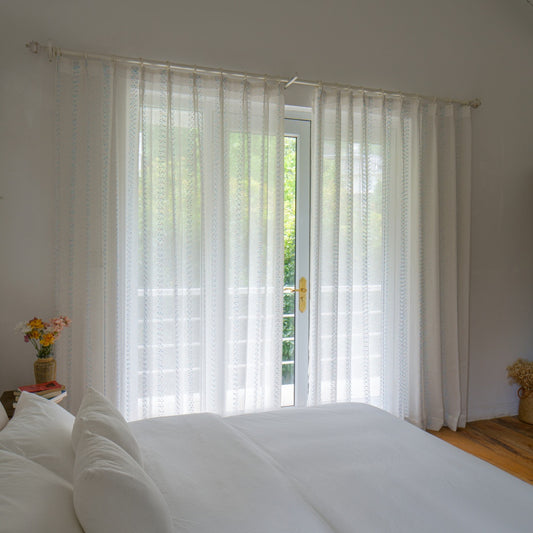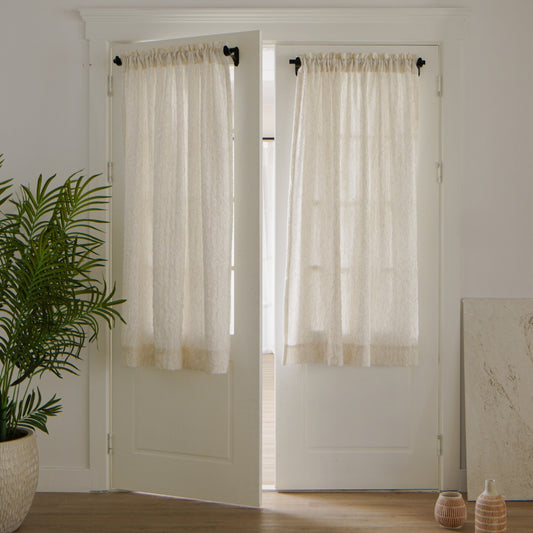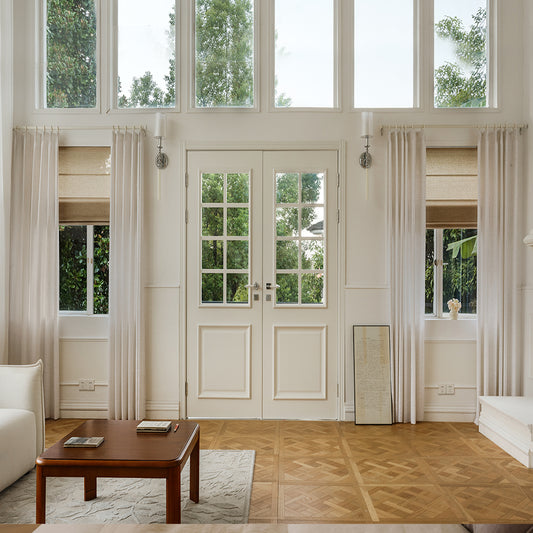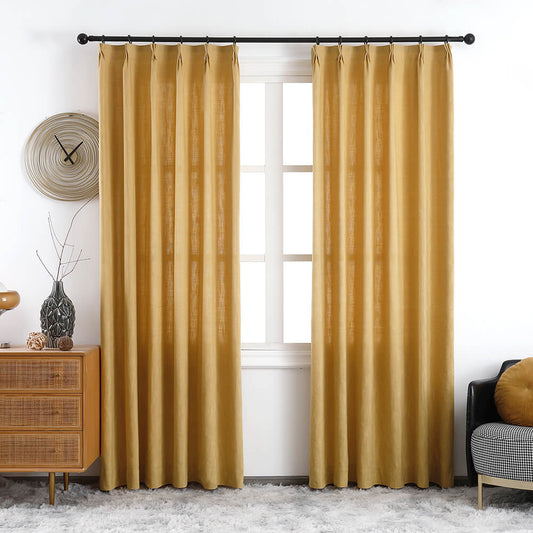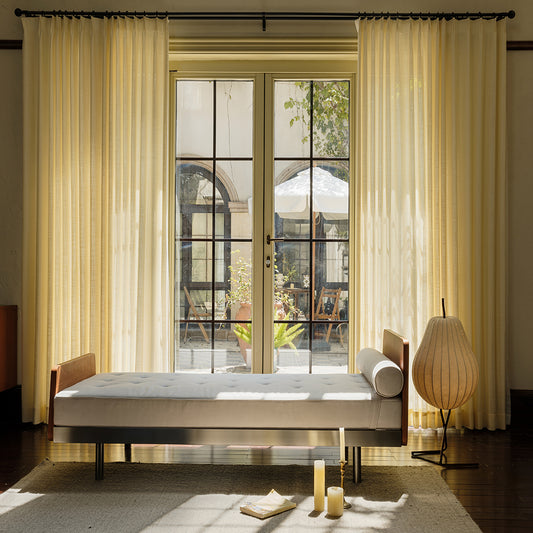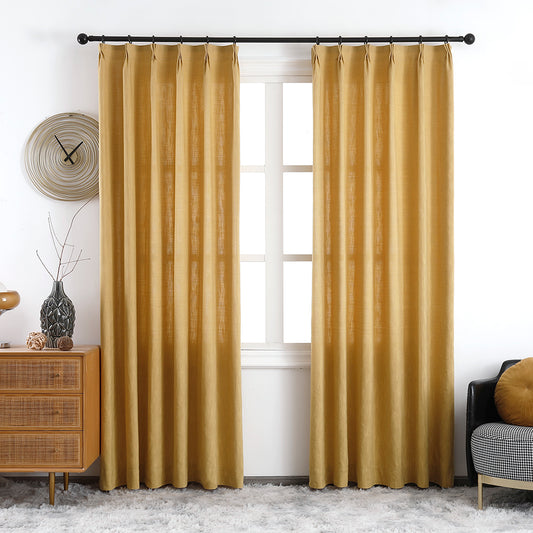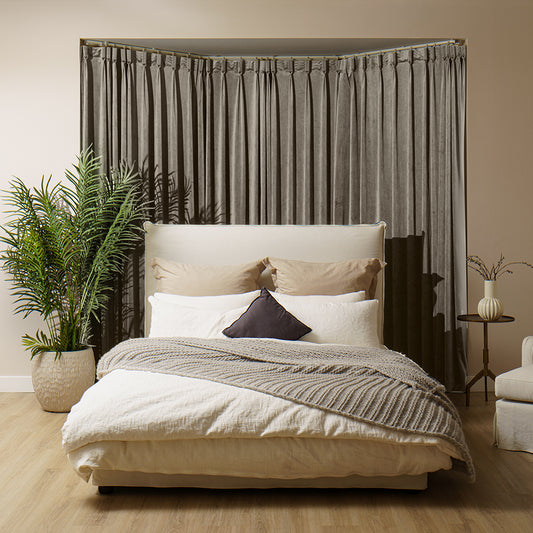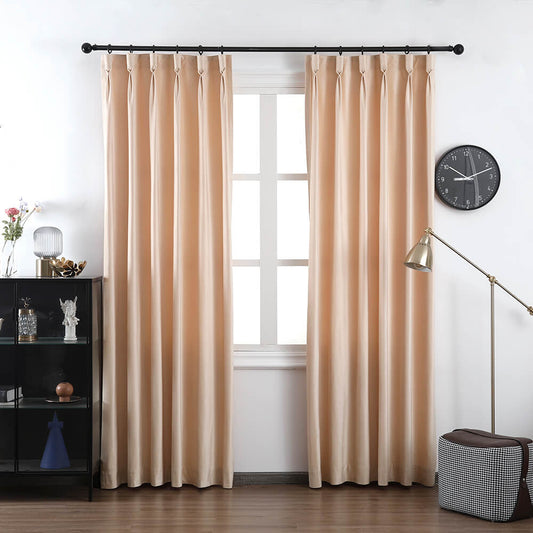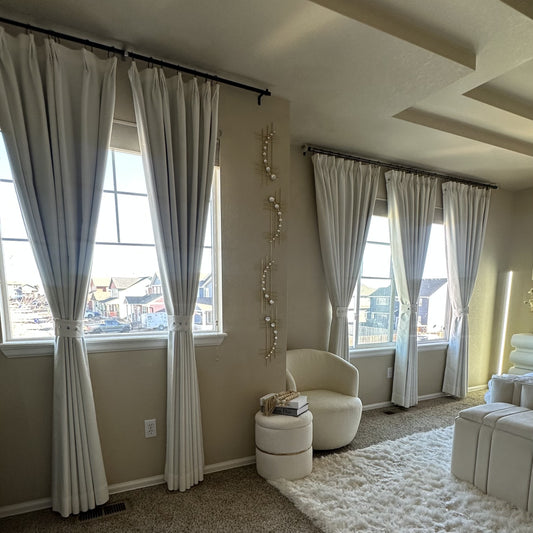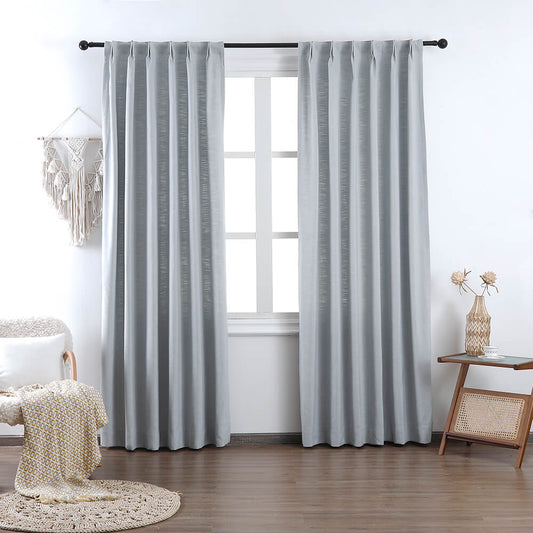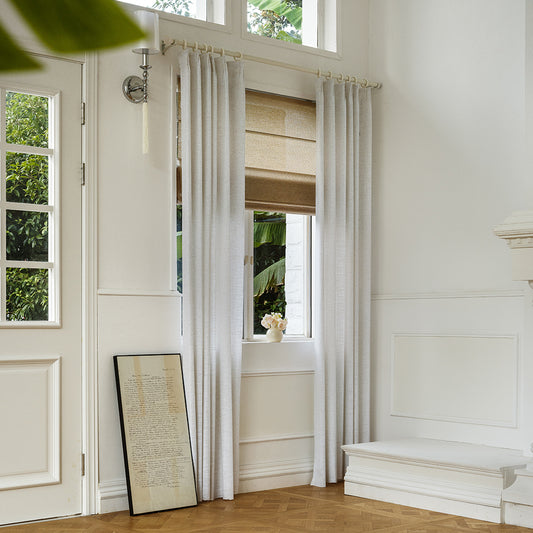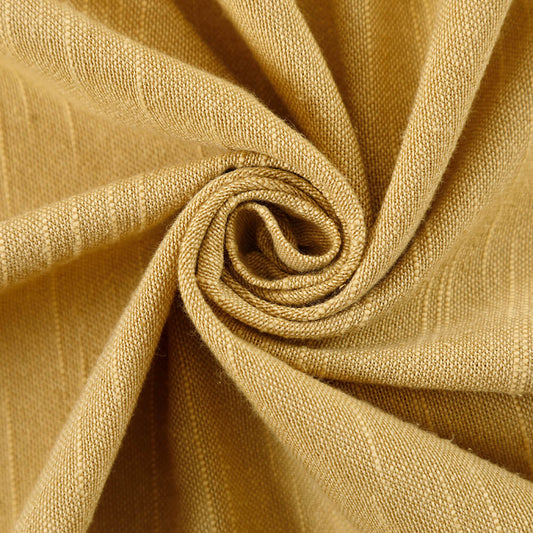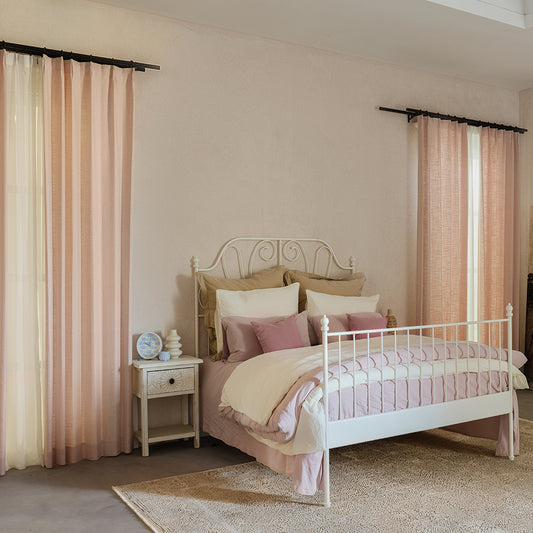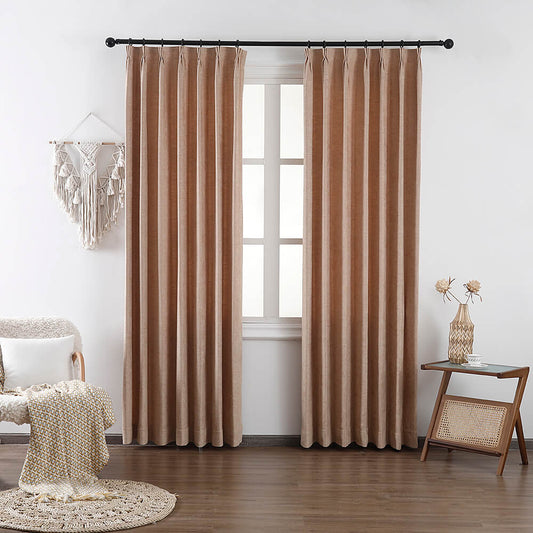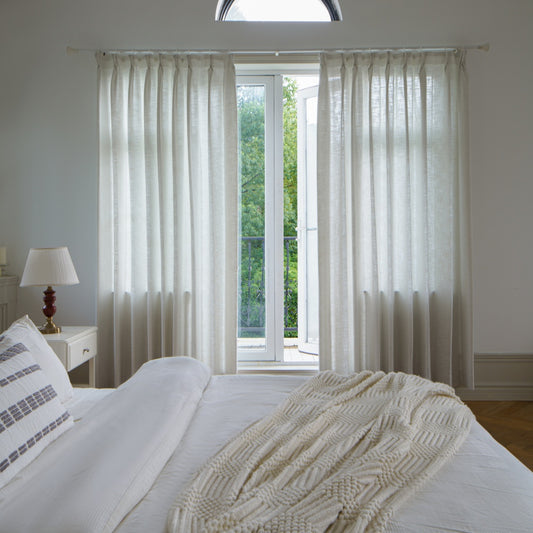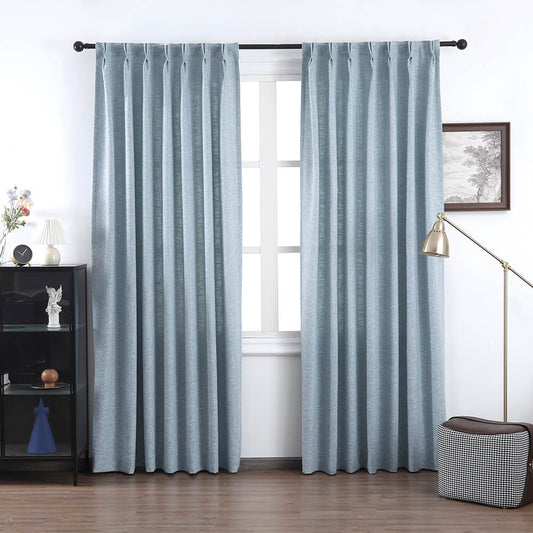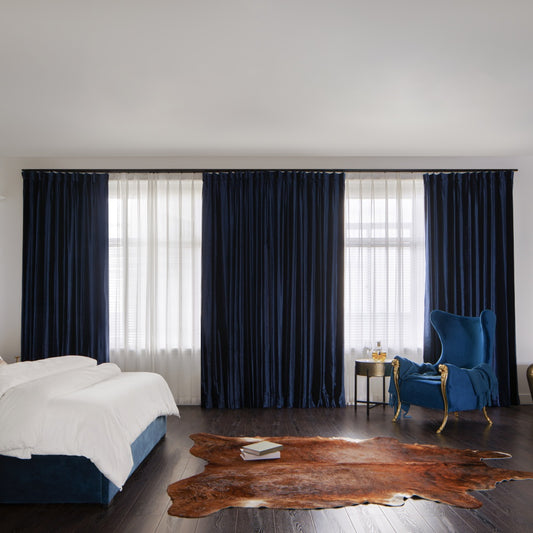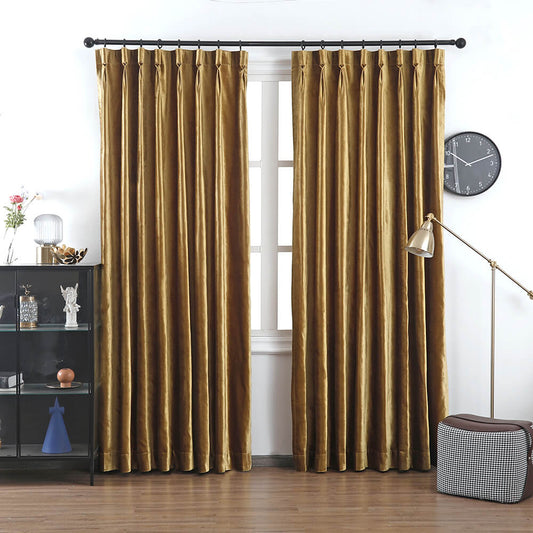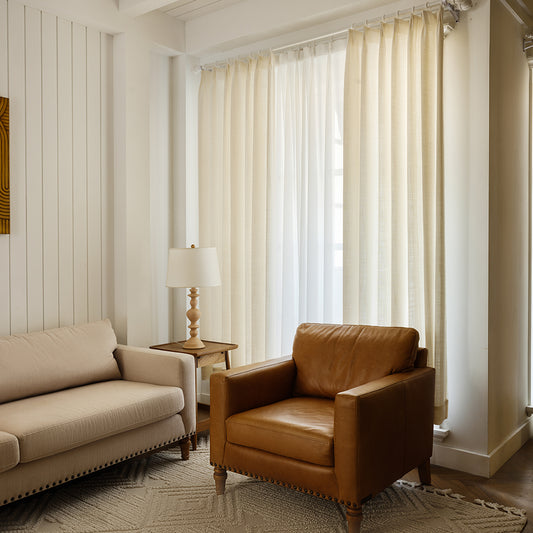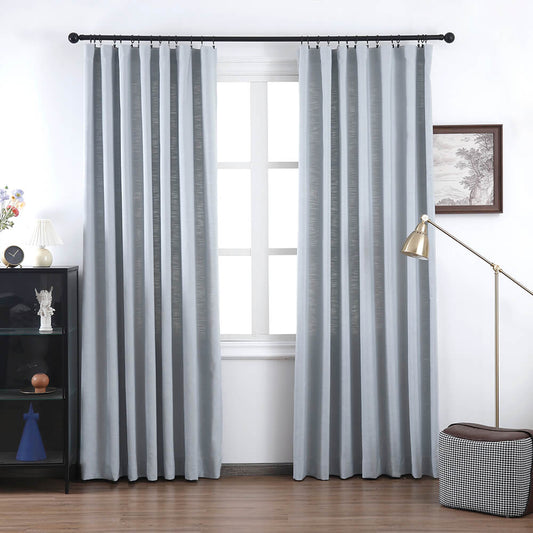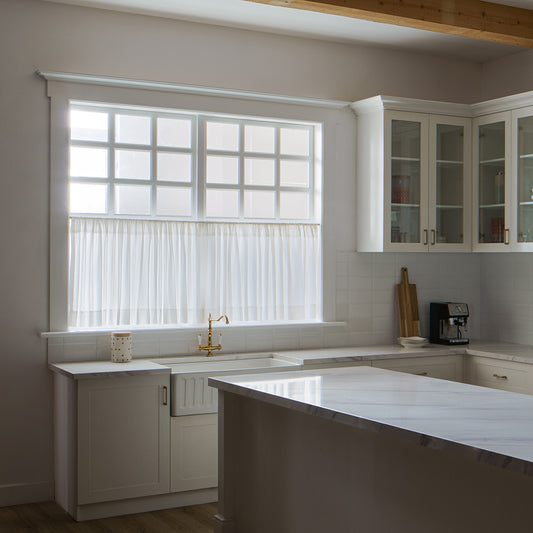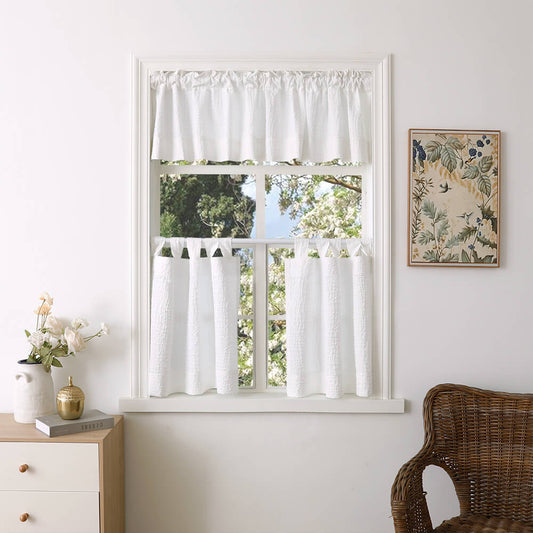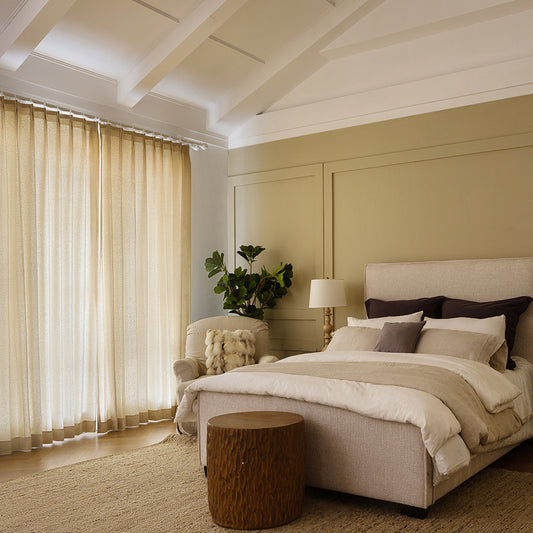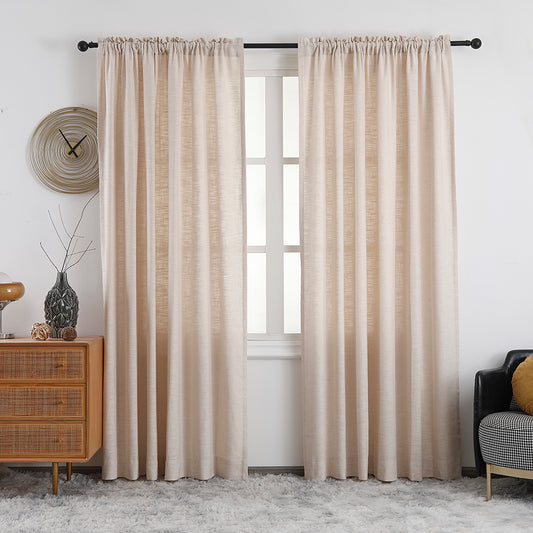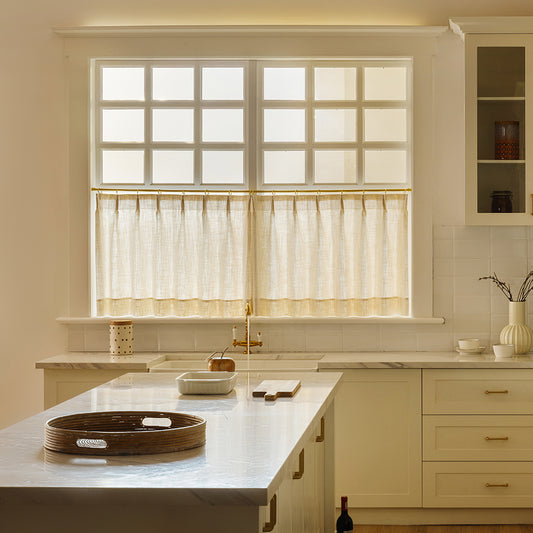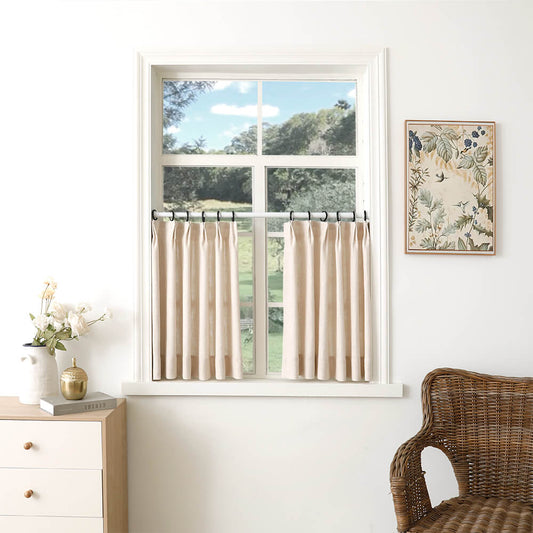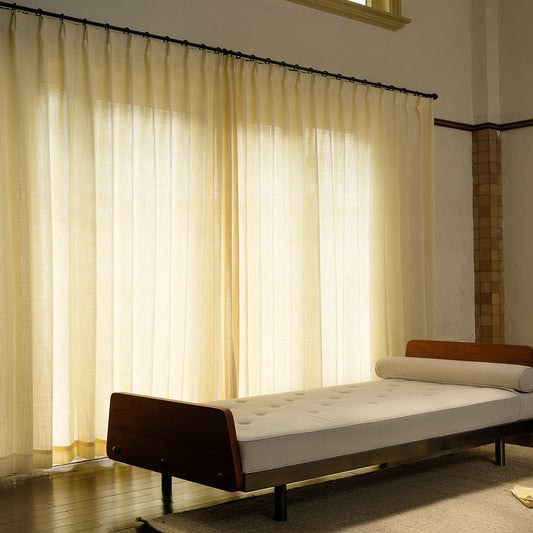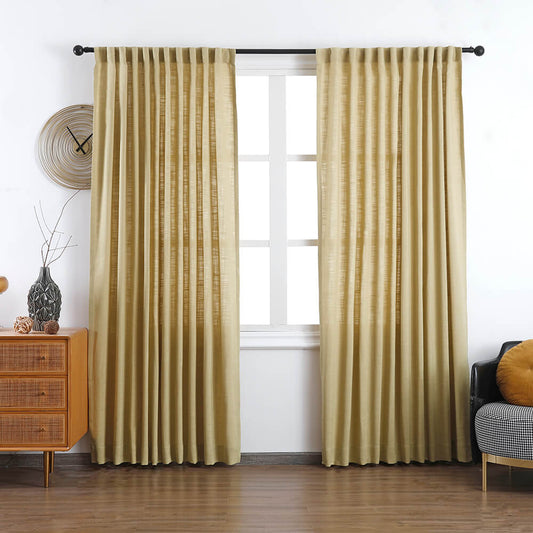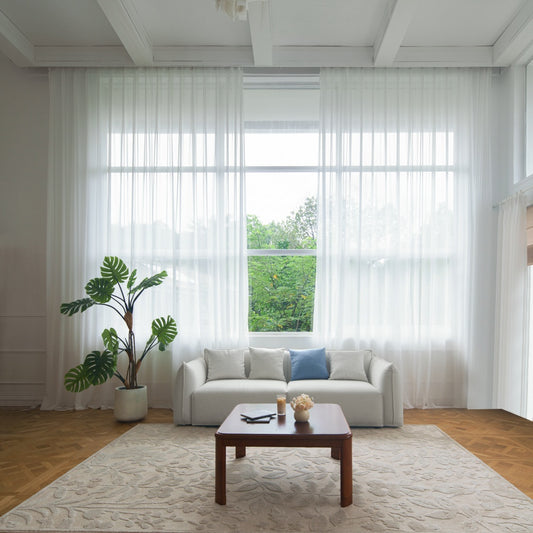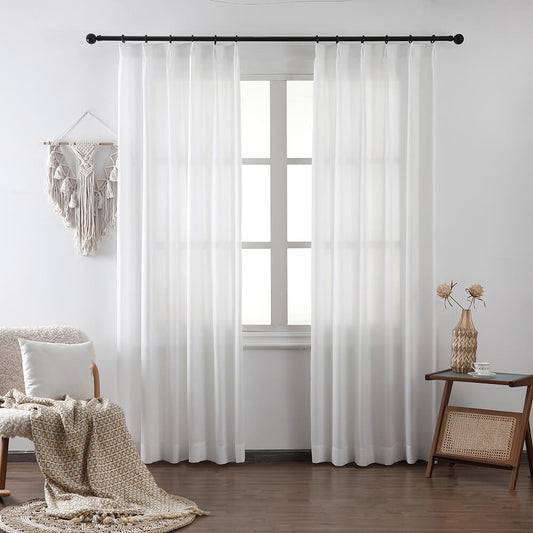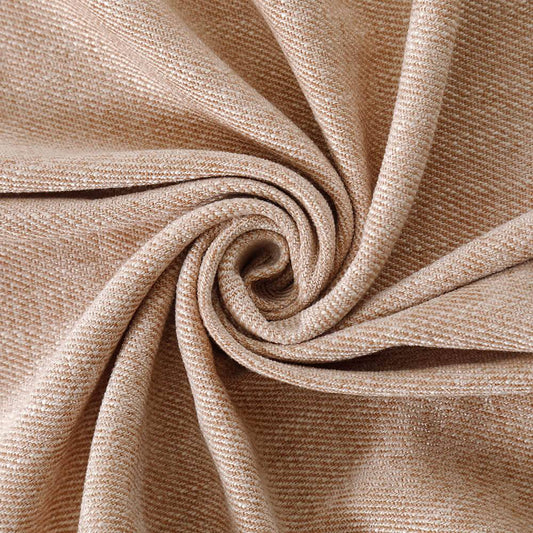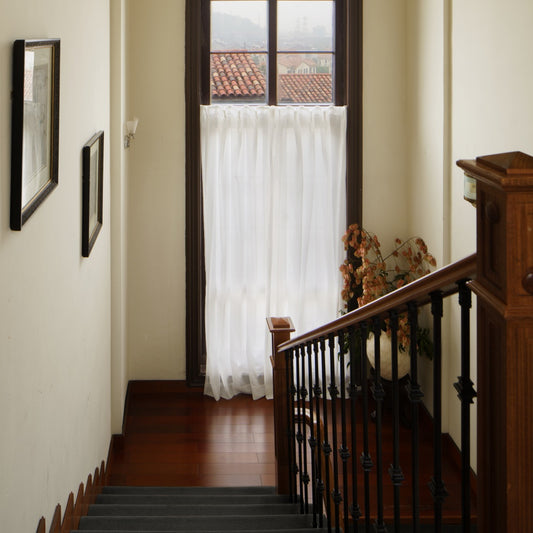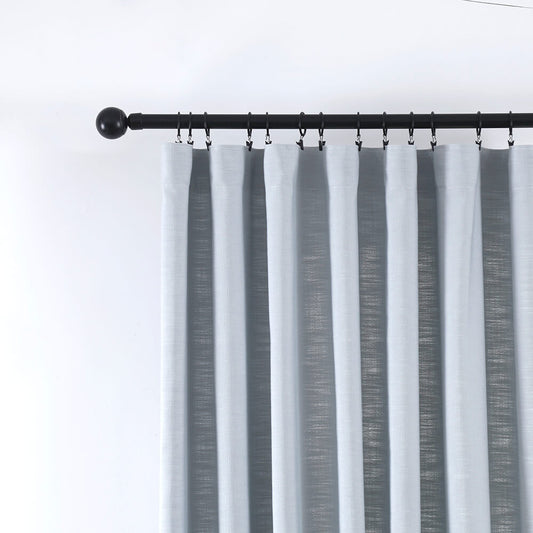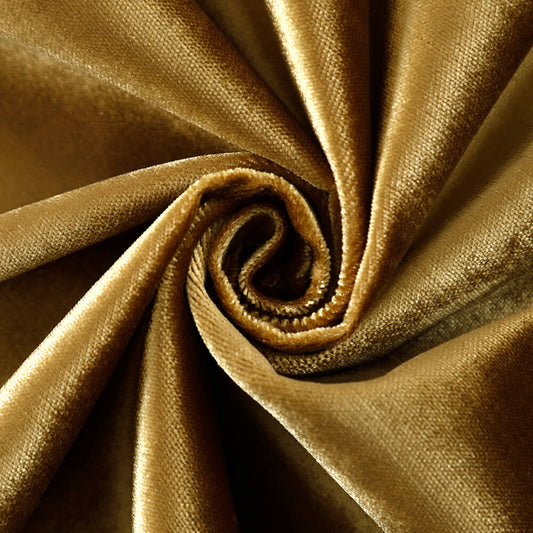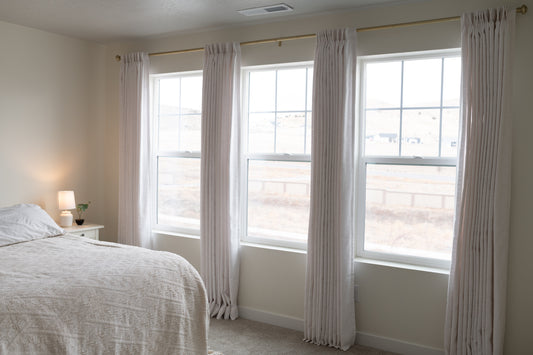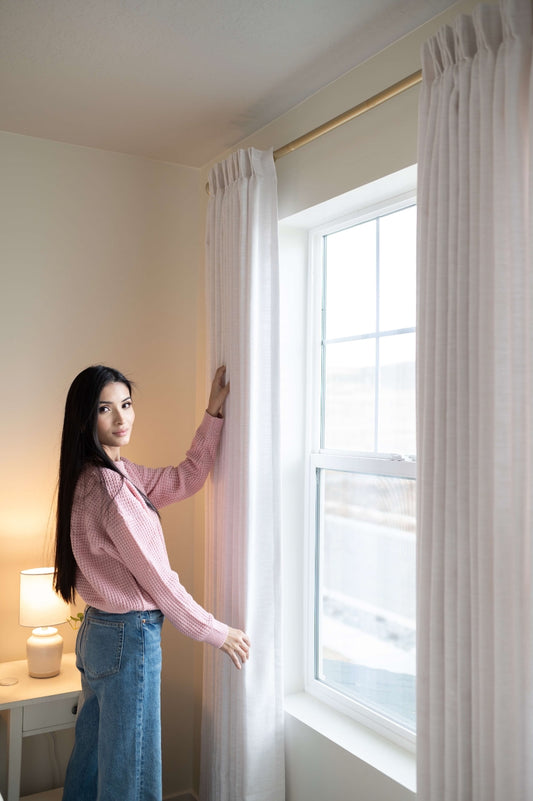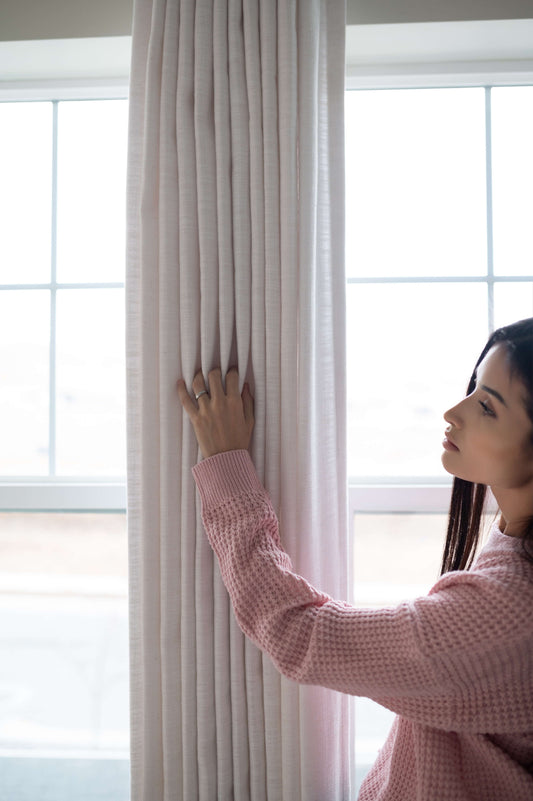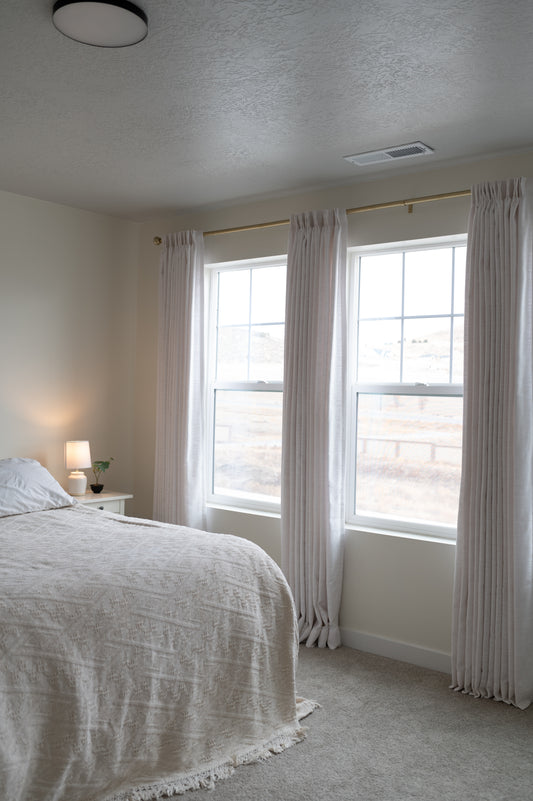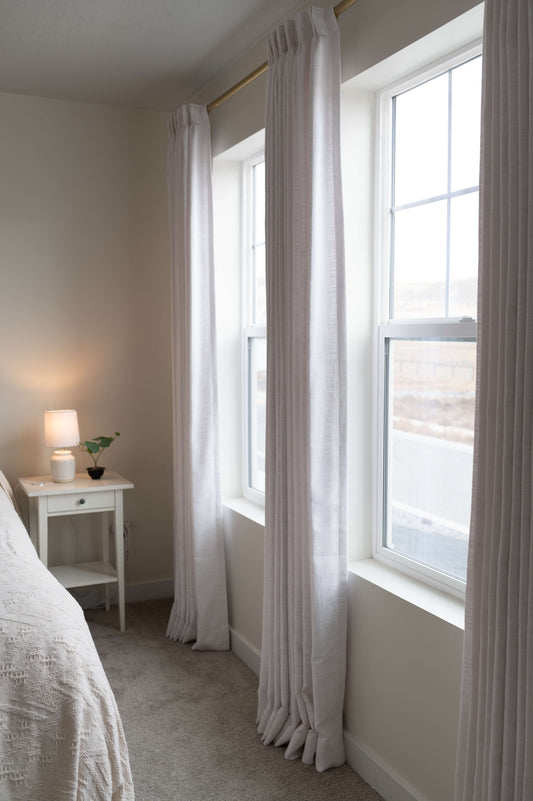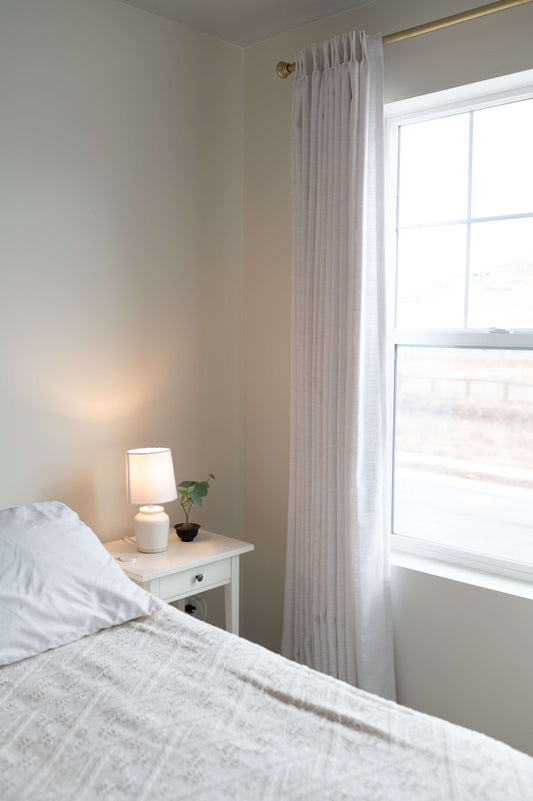What Makes Curtain Fabrics Luxurious for Hospitality Interiors?
Luxury fabrics combine rich textures, superior craftsmanship, and aesthetic appeal with practical features like durability, flame retardancy, and thermal insulation. These materials elevate interiors by adding depth, softness, and a sense of exclusivity, essential for creating memorable guest experiences in upscale hospitality environments.
How Does Silk Fabric Enhance Hospitality Curtain Design?
Silk curtains are prized for their natural sheen, smooth texture, and elegant drape, making them a timeless choice for luxury hotels. They reflect light beautifully, adding warmth and sophistication. While delicate, silk can be blended or treated to improve durability and resistance to sunlight, ensuring longevity in busy hospitality settings.
Which Velvet Fabrics Are Ideal for Upscale Hotel Curtains?
Velvet offers plush softness and rich color saturation, creating an opulent atmosphere. Contract-grade velvets, such as those offered by VeilVeil, combine luxurious feel with flame retardancy and durability. Velvet curtains also provide excellent sound absorption and thermal insulation, enhancing guest comfort and privacy.
Why Are Damask and Brocade Fabrics Popular in Luxury Hospitality?
Damask and brocade fabrics feature intricate woven patterns that add texture and visual interest. Their classic appeal suits traditional and eclectic interiors, conveying refinement and cultural heritage. These fabrics often incorporate silk or synthetic blends to balance beauty with commercial performance requirements.
When Should Hospitality Designers Choose Linen and Cotton Curtains?
Linen and cotton curtains bring a natural, breathable elegance to upscale hospitality interiors, ideal for spaces seeking understated luxury or eco-conscious appeal. They provide softness and light diffusion while maintaining durability. VeilVeil offers premium linens treated for stain resistance and flame retardancy, suitable for high-traffic areas.
How Do Flame Retardant and Performance Features Influence Fabric Choice?
Hospitality fabrics must meet strict fire safety regulations without compromising style. Many luxury fabrics are treated or inherently flame retardant to comply with codes. Additional performance features like stain resistance, UV protection, and thermal insulation ensure longevity and guest comfort, making them smart investments.
| Fabric Type | Luxury Attributes | Functional Benefits |
|---|---|---|
| Silk | Sheen, smooth texture | Light reflection, elegance |
| Velvet | Plushness, rich color depth | Sound absorption, insulation |
| Damask & Brocade | Intricate patterns, classic look | Durability, flame retardancy |
| Linen & Cotton | Breathability, natural texture | Stain resistance, eco-friendly |
Are There Sustainable Luxury Fabrics for Hospitality Curtains?
Yes, sustainable luxury fabrics made from organic fibers or recycled materials are gaining popularity. VeilVeil integrates eco-conscious options that maintain high-end aesthetics and meet hospitality durability and safety standards, supporting green building certifications and guest expectations.
How Does VeilVeil Support Hospitality Projects with Luxurious Curtain Fabrics?
VeilVeil offers expert guidance in selecting and customizing fabrics that balance luxury with commercial performance. Their extensive portfolio includes exclusive textiles and tailored solutions that align with brand identity and operational needs, ensuring curtains that impress guests and withstand rigorous use.
What Are Emerging Trends in Luxury Hospitality Curtain Fabrics?
Trends include textured velvets with metallic accents, digitally printed damasks, and hybrid fabrics blending natural and synthetic fibers for enhanced durability. Smart textiles with stain-repellent or antimicrobial properties are also becoming standard in upscale hospitality environments.
Could Curtain Fabric Choice Impact Guest Experience and Brand Perception?
Absolutely. High-quality, luxurious fabrics contribute to a welcoming atmosphere, comfort, and visual appeal, reinforcing brand prestige. Thoughtful fabric selection can differentiate a property, encouraging repeat visits and positive reviews.
VeilVeil Expert Views
“Luxury hospitality curtains are a fusion of artistry and performance. At VeilVeil, we prioritize sourcing exquisite fabrics that meet stringent durability and safety standards while delivering unparalleled elegance. Our bespoke curtain solutions transform interiors into immersive experiences, elevating guest comfort and reinforcing brand identity. This commitment to quality and innovation defines our approach to hospitality design.” — VeilVeil Hospitality Textile Specialist
Conclusion
Choosing luxurious curtain fabrics is pivotal for upscale hospitality interiors, blending beauty with functionality and safety. Silk, velvet, damask, and premium linens each offer unique attributes that enhance ambiance and guest comfort. VeilVeil’s expertise and curated fabric selections empower hospitality designers to create elegant, durable, and memorable spaces that embody true luxury.
Frequently Asked Questions
What are the most luxurious fabrics for hotel curtains?
Silk, velvet, damask, and high-quality linens are top choices for their elegance and performance.
How important is flame retardancy in hospitality curtain fabrics?
It is critical to meet safety codes and protect guests, making flame retardant fabrics essential.
Can luxury fabrics also be durable for commercial use?
Yes, many luxury fabrics are treated or blended to enhance durability without compromising aesthetics.
Does VeilVeil offer sustainable luxury curtain fabrics?
Yes, VeilVeil provides eco-friendly options that combine luxury with environmental responsibility.
How do curtain fabrics affect guest comfort?
Fabrics influence light control, sound absorption, and thermal insulation, all key to guest comfort.
In the hotel sector, initial impressions rule supremely. The first point of contact for guests, hotel lobbies and common areas help to shape their whole stay. The choice of curtains is one sometimes disregarded factor greatly influencing the ambiance of these places. Custom curtains are not only aesthetically pleasing but also quite important for comfort, privacy, and functionality. For distributors and curtain dealers trying to serve hotels, knowing the subtleties of choosing the ideal custom curtains is crucial. This thorough guide explores the elements to take into account so that your solutions meet hotel needs and result in more questions.

Realizing the Value of Custom Curtains for Hotel Design
Custom curtains are vital design components that affect the general ambiance of a hotel; they are not only window coverings. In common rooms and lobbies, curtains help:
They accentuate the interior decor by adding texture, color, and pattern, therefore producing a coherent look.
Curtains can help to improve acoustics in big areas, offer privacy, and manage natural light.
Appropriate curtain selection can help to control temperature, so lowering energy expenses.
Understanding these features emphasizes the need of dealers and distributors providing customized solutions fit for the particular requirements of hotel settings.
Important Considerations for Choice of Custom Curtains
1. Content Choice
The longevity, maintenance needs, and general appearance of the curtain depend much on the fabric selected. Imagine the following:
High traffic locations call for strong materials that may be used often. Long lifetime materials include treated natural fibers or heavy-duty polyester blends.
Choose easily cleaned and maintained materials to guarantee they look good over time.
Whether the hotel's design motif is opulent, simple, or modern, the texture and shine of the fabric should complement it.
2. Coordinating color and patterns
Curtains should complement the décor and color palette already in use. While strong colors or patterns can make a statement, neutral tones give flexibility. Visual attraction must be balanced with a coherent design.

3. Privacy and Lights Control
The purpose of the area will determine whether different degrees of light management are needed:
Sheer Curtains: Perfect for producing an open and airy environment, let natural light flood through.
Blackout curtains give total privacy and filter out light, appropriate for places needing little light intrusion.
Combining sheer and blackout curtains gives freedom in light control and privacy.
4. Compliance With Fire Safety
Hotels have to follow strict rules for fire safety. Making curtains from fire-retardant materials will help you comply with both local and national safety guidelines. One of the main selling propositions is offering certification of compliance.
5. Audio Characteristics
Managing noise levels in busy shared areas is absolutely vital. More comfortable surroundings depend on thinner fabrics or those with acoustic backing helping to reduce sound.
6. Customizing and Branding Prospects
Custom drapes present a means of subdued branding:
Match curtains to the brand palette of the hotel.
Subtle logo integration—that is, including brand motifs or logos—into the curtain design strengthens brand identity.
7. Environment Issues of Sustainability
Offering curtains made from sustainable or recycled materials would appeal to environmentally aware hotels as more and more people pay attention to greener ways of living.
Steps to Help Hotels Choose Custom Curtains
Your knowledge as a dealer or distributor will help hotels choose:
Analyze the design concept, functional needs, and financial restrictions of the hotel.
Show how various textiles, colors, and patterns would look in their environment using samples.
Show clients of product dependability by displaying certificates in fire safety and sustainability.
Provide design advice to home designers so the curtains accentuate the general décor.
Talk to clients on appropriate maintenance to extend the lifetime of the curtains and preserve their look.
Finally,
Choosing the ideal custom curtains for common areas and hotel lobbies is a complex procedure combining compliance, utility, and design. Your responsibility as a dealer or distributor in offering customized solutions that satisfy these several objectives is very important. Understanding the particular needs of hotel surroundings and providing professional advice helps you to present yourself as a useful partner, which generates more questions and successful cooperation.
Typical Questions
Q1: Why are hotel curtains' fire-retardant materials really necessary?
A1: Fire-retardant materials are absolutely vital since they lower the possibility of fire spread so improving guest safety. Hotels have to follow fire safety rules, hence employing certified fire-retardant curtains guarantees conformity to these criteria.
Q2: How may unique curtains support the branding of a hotel?
Custom curtains might use trademark colors, patterns, or emblems into the design to mirror the brand identity of a hotel. This understated branding improves guest experience generally and supports brand recognition.
Q3: For bespoke curtains, what maintenance issues should hotels give thought?
A3: Hotels should pick easily cleaned and durable textiles. Regular maintenance
